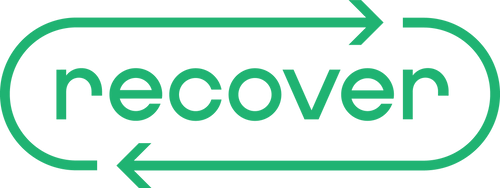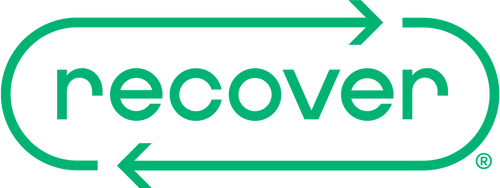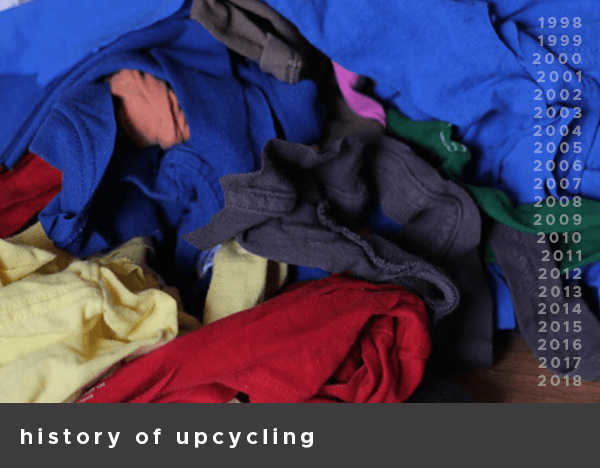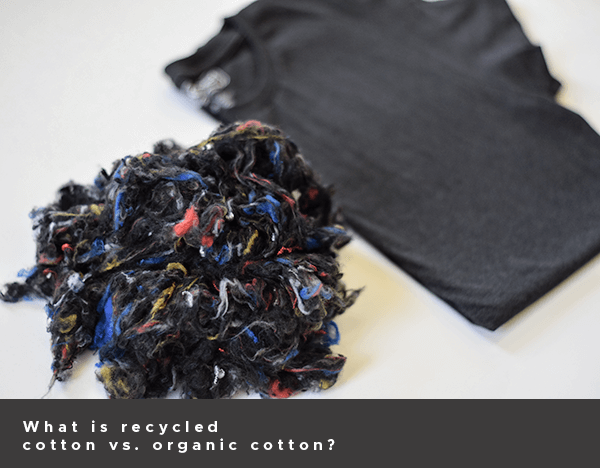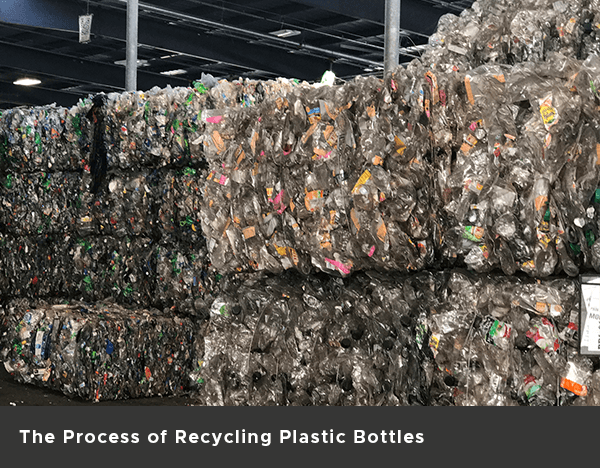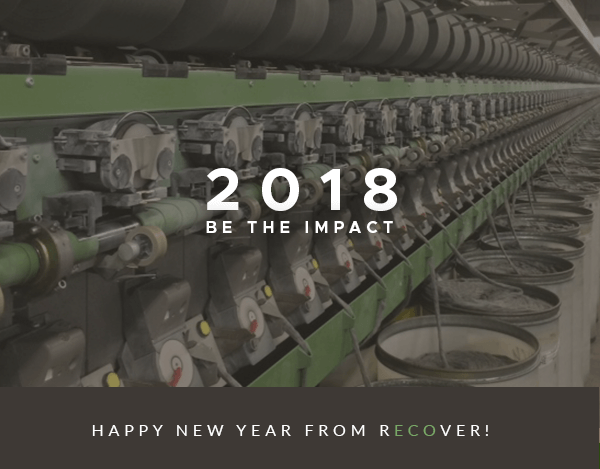
Upcycling is a type of recycling in which waste is converted into new products and materials that are better than the original or have better environmental value.
For example, when recycled, PET plastic saves ⅔ the energy compared to making it from virgin materials, thus giving it better environmental value. In addition to energy savings, recycled PET plastic bottles (your common water and soda bottles) can also be upcycled into higher quality products, such as the textiles used in Recover’s 100% recycled sustainable apparel.
Glass, steel, and PET are the standard materials that can be upcycled through conventional recycling processes. In other words, when they are recycled, there are resource and energy savings, as well as no loss in material quality.
Technically, the history of upcycling can be traced back to early humans, in which the reuse and “upcycling” of materials and products was part of everyday life and existence. However, in the scope of modern day and more consumer-based societies, the term and idea was first outright coined in 1998 by entrepreneur Gunter Pauli, who is frequently referred to as “The Steve Jobs of Sustainability.” He used the term in his book Upsizing: The Road to Zero Emissions- More Jobs, More Income and No Pollution.
The term was taken up by the mainstream in 2002, when architect William McDonough and chemist Michael Braungart published the book Cradle to Cradle: Remaking the Way We Make Things. The book was printed with soy-based ink on plastic pages. The soy-based ink could be removed, so that another book could be printed on the pages, or the plastic could be upcycled into an equal or higher quality product. In order to achieve sustainability in the face of limited resources, the global trash epidemic, and other interconnected global social and environmental challenges, McDonough and Braungart call for the necessity of designers and innovators across industry to remake the way we make things.
Let’s just say, Recover got the message. Learning and working towards innovation every day, Recover leads the sustainable apparel industry by upcycling materials in the manufacturing of all of our products, including our BikeTube Backpack and new beanies and socks.
